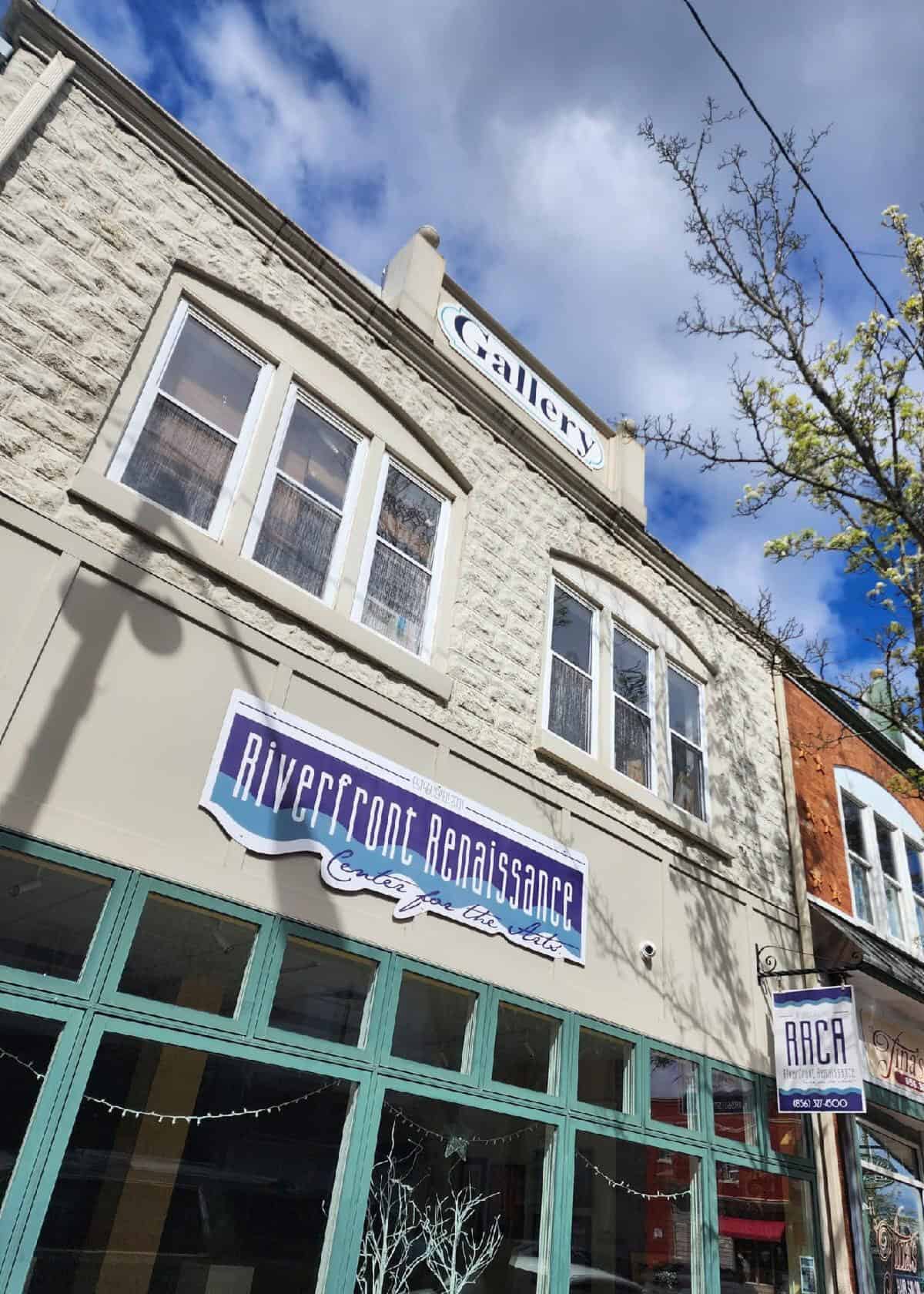Medicare Primer
Some basic information about Medicare—and a warning about scammers.

Social Security and Medicare are both programs that are household names, but do you know the true difference? Both programs help safeguard millions of Americans as well as improve the quality of life for their family and friends. While Social Security offers retirement, disability, and survivors benefits, Medicare provides health insurance.
Medicare is our country’s health insurance program for people age 65 or older and younger people receiving Social Security disability benefits. The program helps with the cost of health care, but it doesn’t cover all medical expenses or the cost of most long-term care.
When you first enroll in Medicare and during certain times of the year, you can choose how you get your Medicare coverage. There are two main ways to get Medicare:
Original Medicare includes Medicare Part A (Hospital Insurance) and Part B (Medical Insurance). If you want drug coverage, you can join a separate Part D plan. To help pay your out-of-pocket costs in Original Medicare (like your deductible and 20 percent coinsurance), you can also shop for and buy supplemental coverage. Examples include coverage from a Medicare Supplement Insurance (Medigap) policy, or from a former employer or union.
Medicare Advantage (also known as Part C) is an “all in one” alternative to Original Medicare. These “bundled” plans include Part A, Part B, and usually Part D. Part C plans may have lower out-of-pocket costs than Original Medicare. They also may offer extra benefits that Original Medicare doesn’t cover—like vision, hearing, dental, and more.
If you can’t afford to pay your Medicare premiums and other medical costs, you may be able to get help from your state. States offer programs for people eligible for or entitled to Medicare who have low income. Some programs may pay for Medicare premiums and some pay Medicare deductibles and coinsurance. To qualify, you must have limited income and resources.
You can learn more about Medicare, including how to apply for Medicare and get a replacement Medicare card, at socialsecurity.gov/benefits/medicare.
Scammers have become more aggressive and sophisticated in the digital age. With millions of people relying on Social Security and Medicare, scammers target audiences who are looking for legitimate program and benefit information. Scammers sometimes try to scare people into giving out their personal information. Never give someone who calls you any personal information unless you absolutely know who they are.
The law that addresses misleading Social Security and Medicare advertising prohibits people or non-government businesses from using words or emblems that mislead others. Their advertising can’t claim that they represent, are somehow affiliated with, or are endorsed or approved by Social Security or the Centers for Medicare & Medicaid Services (Medicare).
People are often misled by advertisers who use the terms “Social Security” or “Medicare.” Often, these companies offer Social Security services for a fee, even though Social Security offers the same services free of charge. These services include getting:
• A corrected Social Security card showing a person’s married name;
• A Social Security card to replace a lost card;
• A Social Security Statement; and
• A Social Security number for a child.
If you receive misleading information about Social Security, send the complete ad, including the envelope (if applicable), to: Office of the Inspector General Fraud Hotline, Social Security Administration, P.O. Box 17768, Baltimore, MD 21235.
You can learn more about how we combat fraudulent advertisers by reading the publication “What You Need to Know About Misleading Advertising” at socialsecurity.gov/pubs/EN-05-10005.pdf.
You can also view and share our anti-fraud information at socialsecurity.gov/antifraudfacts as well as this YouTube video.
Remember, our information is easy to e-mail and post on social media. Please let your loved ones know about these types of scams. Sharing this article with friends and family can save them from financial and emotional hardship. n
Carrie Mikesell is Social Security district manager in Bridgeton.







